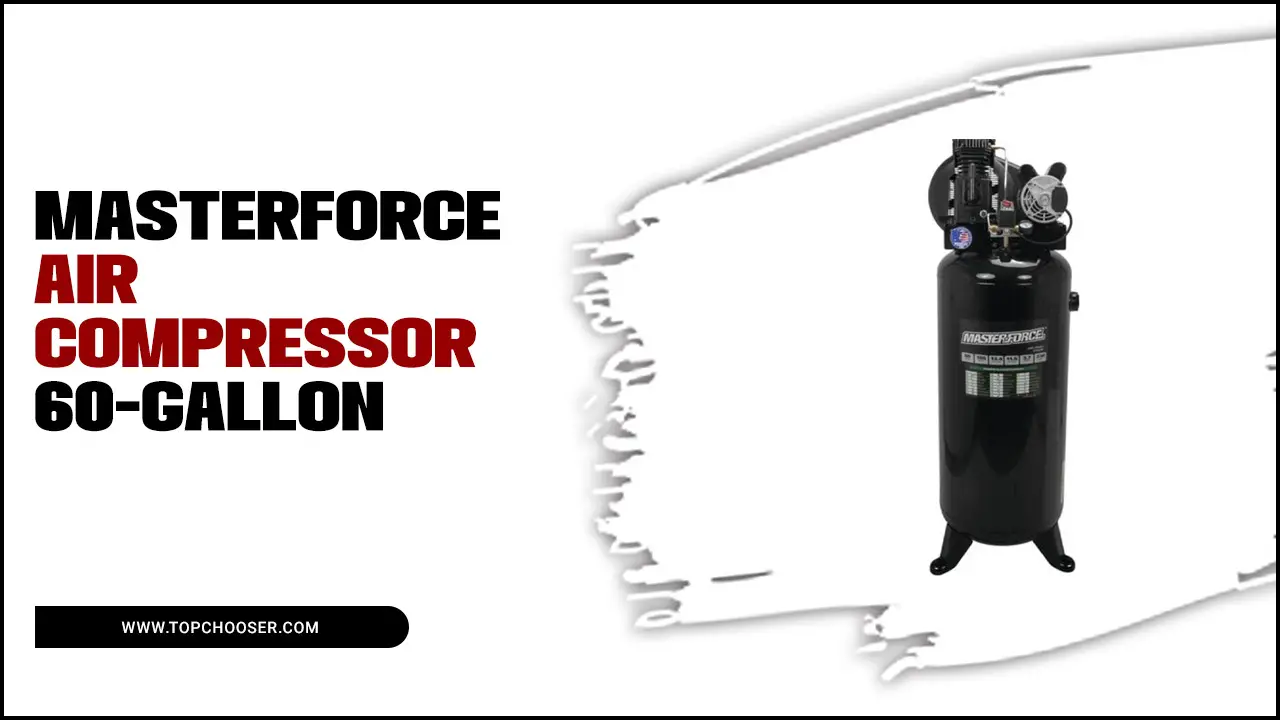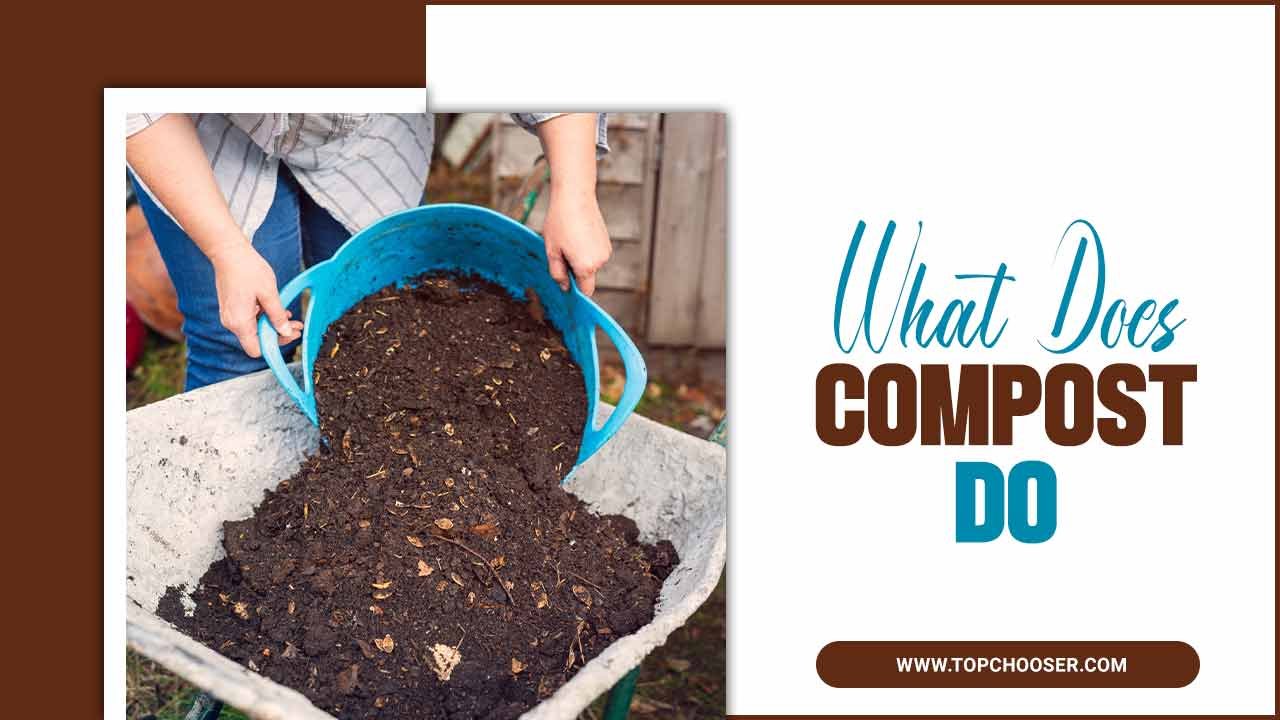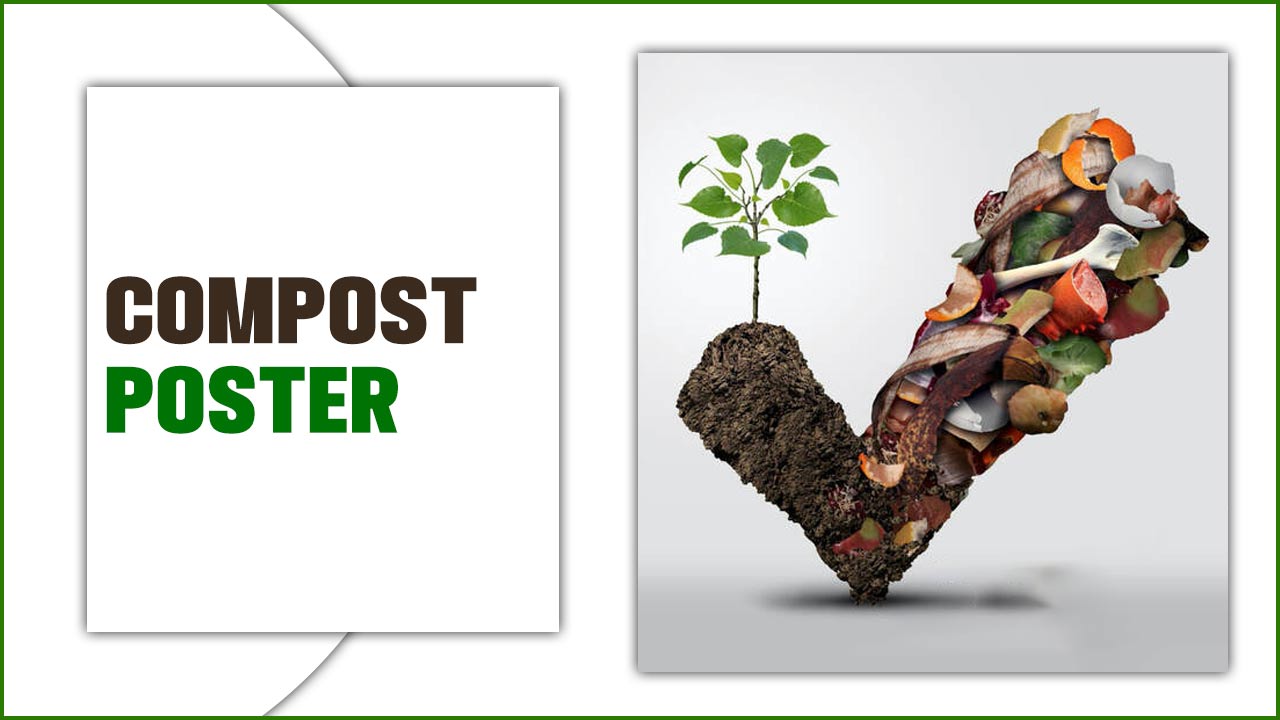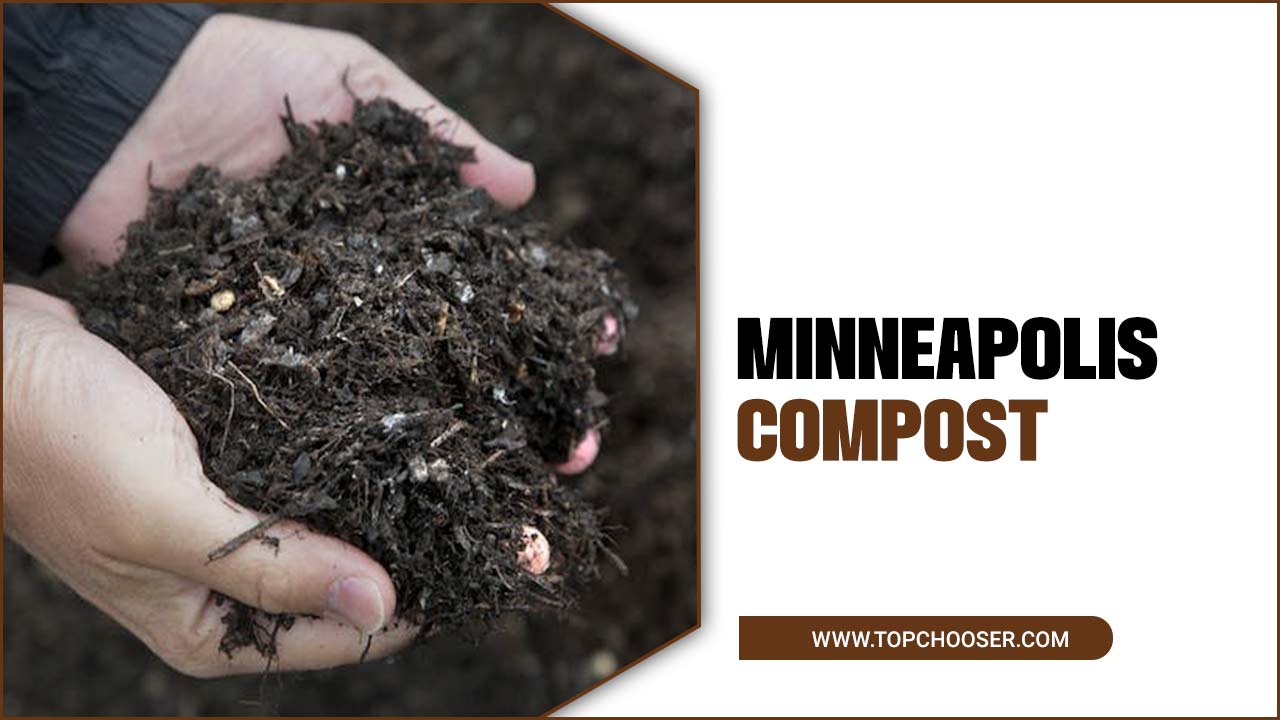A compost business is a business venture that collects and converts organic matter, such as food scraps, into compost that can be used in gardens A composting business might be just the right venture for you.
Composting is not only a great way to reduce waste and help the environment, but it can also be a profitable business opportunity. Here, we will take you through the essential steps for success in the composting industry.
From understanding the composting industry and developing a business plan to securing funding, acquiring equipment, choosing a location, and creating a brand, we’ve got you covered. We will also discuss the benefits of starting a composting business and how to develop effective customer relationships.
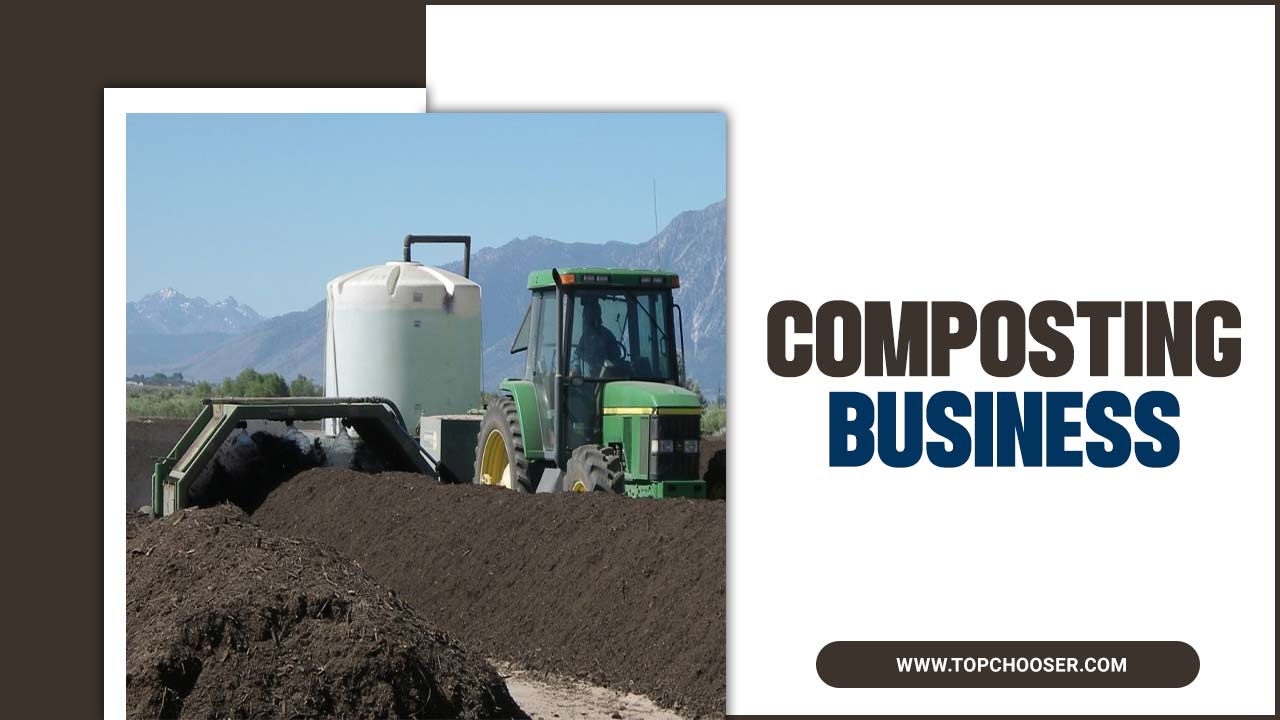
7 Essential Steps For Success In Composting Business
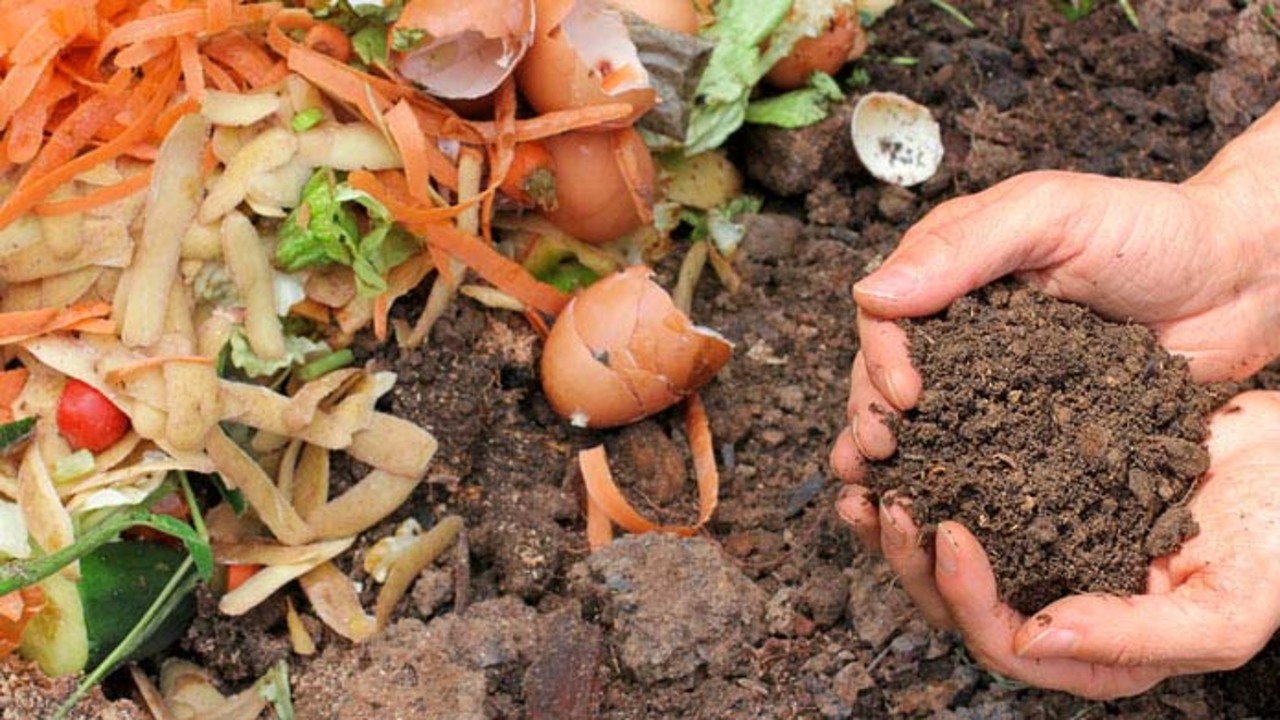
Researching and understanding the composting process and the industry it belongs to is the first essential step towards success in a composting business. Developing a comprehensive business plan that outlines your goals, identifies your target market, and includes financial projections is crucial.
Obtaining the necessary permits and licenses to operate a composting business. Additionally, securing a suitable location for your composting operations is key. Sourcing and collecting organic waste materials for composting is another essential step.
Finally, implementing an effective composting process, which includes turning the compost, monitoring temperature, and managing moisture levels, is vital for success in this industry.
Step 1: Research & Understand The Composting Industry

Thoroughly researching and understanding the composting industry is crucial before diving into a composting business. Learn about your area’s various composting methods, regulations, and best practices.
Get acquainted with the types of organic waste suitable for composting and assess the market demand for compost products. Attending workshops, conferences, or networking events can provide valuable insights from industry professionals.
Additionally, conduct market research to identify potential customers and competitors in your target area. It’s important to grasp the financial aspects of a composting business, including startup costs, pricing strategies, and revenue streams.
Step 2: Develop A Business Plan
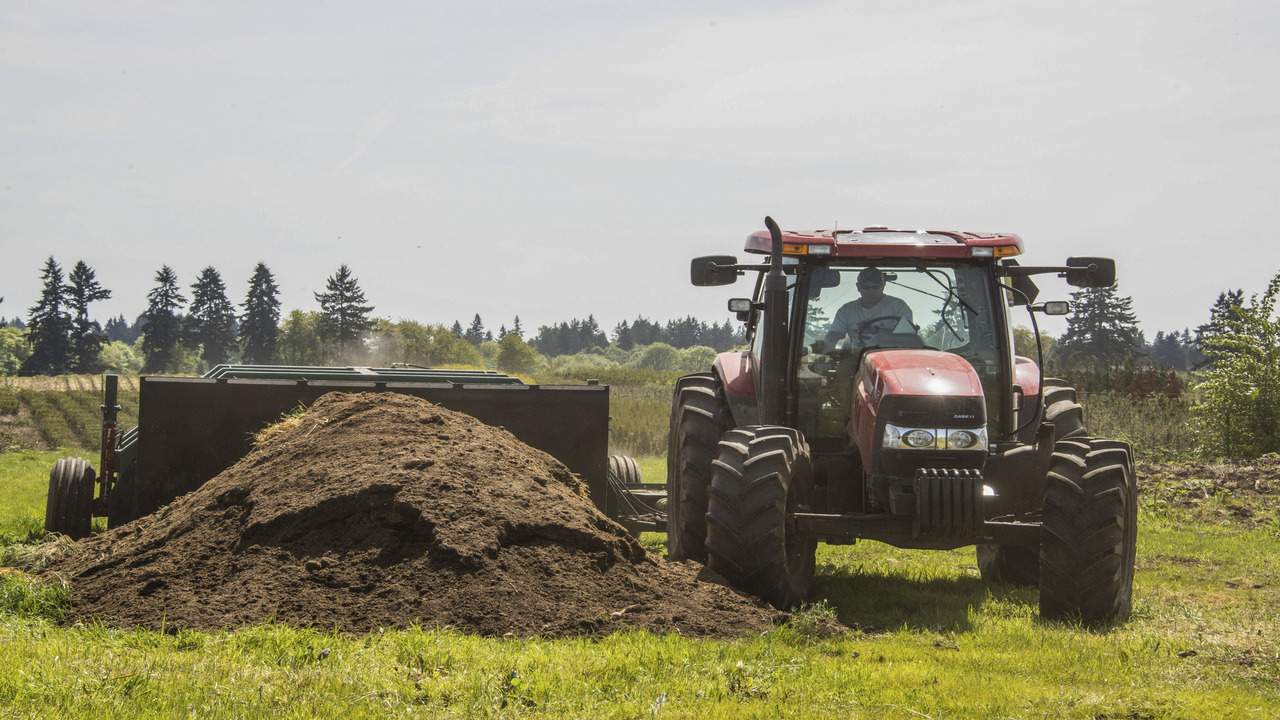
Developing a business plan is crucial for the success of your composting venture. It should outline your goals, target market, competition analysis, marketing strategies, and financial projections. Thorough research on local regulations and permits is essential.
Decide on the composting method and necessary equipment while establishing partnerships for a consistent organic waste supply. You’ll build a solid foundation for your composting business by developing a comprehensive business plan.
Step 3: Secure Funding
Funding is vital in establishing and sustaining a successful composting business. Different funding sources, such as loans, grants, and crowdfunding, are available. Research and identify funding opportunities for the composting industry, including government programs and environmental organizations.
Prepare a comprehensive business plan that outlines goals, target market, financial projections, and sustainability practices to present to potential investors or lenders. Networking with professionals in the composting industry can provide valuable insights and connections to potential funding sources. Consider partnerships with local businesses or organizations interested in environmental sustainability to leverage resources and support.
Step 4: Acquire Necessary Equipment & Supplies
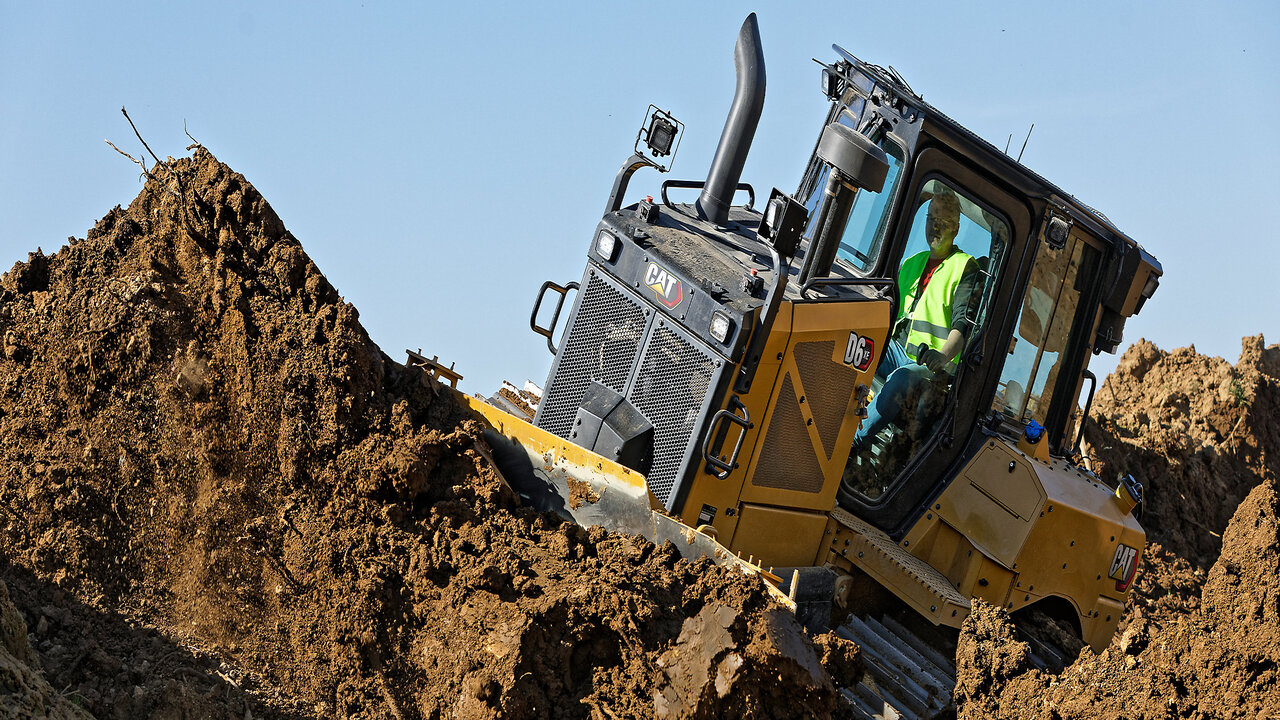
Acquiring the necessary equipment and supplies is essential to ensure success in your composting business. This includes compost bins or tumblers, pitchforks or shovels for turning the compost and a water source for maintaining moisture levels.
Consider investing in a shredder or chipper to break down larger materials and compostable bags or containers for collecting organic waste. Additionally, you’ll need carbon-rich materials like leaves or straw to balance the compost. Research local regulations and requirements to ensure compliance.
Step 5: Choose A Location
Several key factors must be considered when choosing a location for your composting business. Proximity to waste sources and customers, accessibility for transportation, and local regulations should all play a role in your decision-making process.
Look for a site that can accommodate your composting operation, with dedicated areas for receiving, processing, and storing organic waste. Additionally, access to water and electricity is essential for running your composting equipment.
Consider the potential environmental impacts of your operation, such as odours or noise, and choose a location that minimizes these effects on nearby residents or businesses. Consulting with local authorities or waste management experts can help ensure compliance with regulations and obtain any necessary permits or licenses.
Step 6: Create A Brand & Promote Your Business
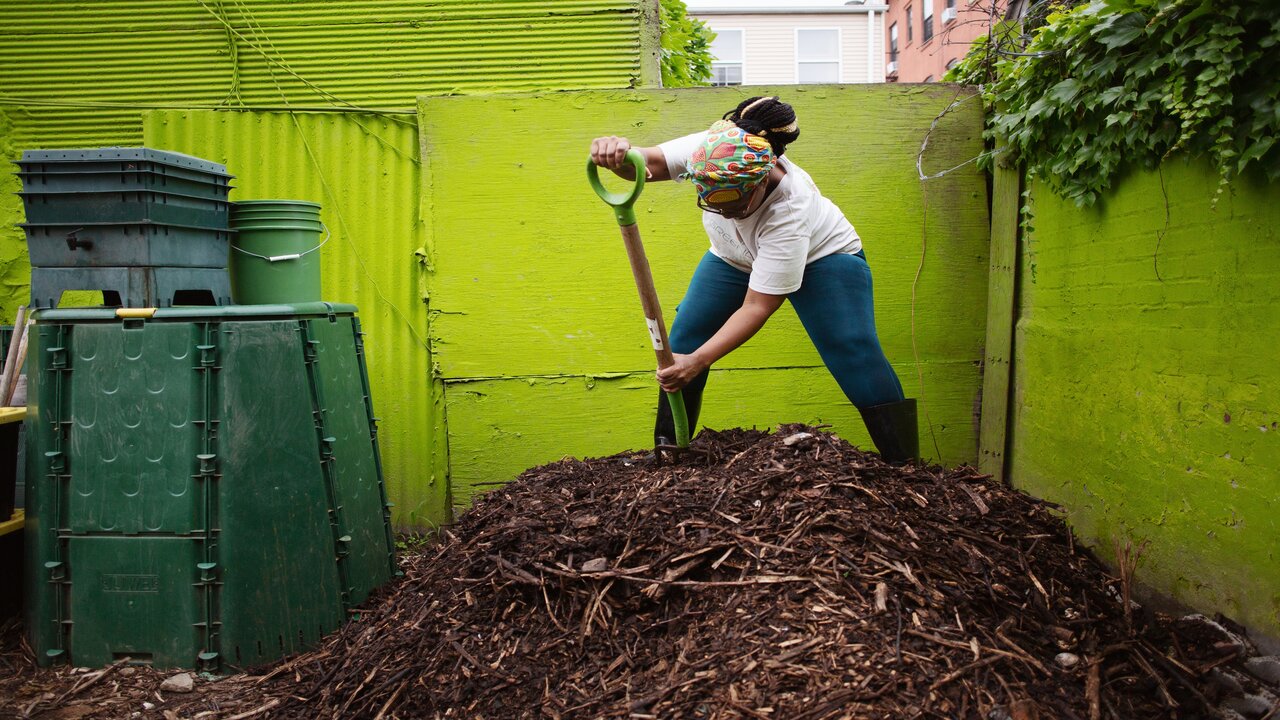
Creating a brand for your composting business is crucial for standing out from competitors and attracting customers. Begin by developing a catchy and memorable business name that reflects your composting services. Design a professional logo and create consistent branding materials such as business cards, flyers, and a website.
Utilize social media platforms to promote your business and engage with potential customers. Consider offering special promotions or discounts to attract new customers and encourage repeat business. Network with local gardening clubs, environmental organizations, and businesses to establish partnerships and boost visibility.
Step 7: Develop Effective Customer Relationships
Developing effective customer relationships is crucial for the success of your composting business. Providing excellent customer service by promptly responding to inquiries and addressing concerns is key. Offering personalized recommendations and advice to help customers with their composting needs enhances their experience.
Regularly communicating through newsletters, social media, or email updates keeps customers engaged and informed. Loyalty programs and incentives encourage repeat business and referrals. Seeking customer feedback allows continuous improvement of products and services.
Benefits Of Starting A Composting Business
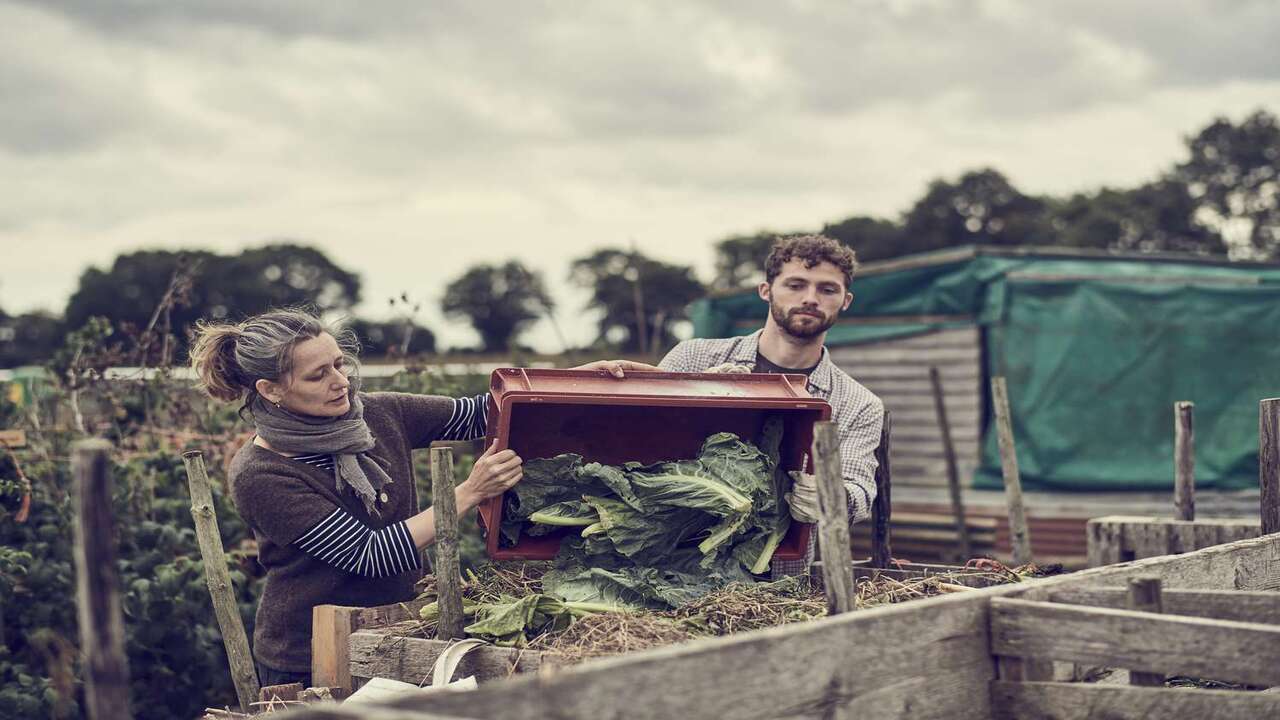
Starting a composting business offers numerous benefits for entrepreneurs and the environment. By reducing waste through the recycling of organic materials, composting businesses help divert waste from landfills and decrease greenhouse gas emissions. This environmentally-friendly practice also yields nutrient-rich soil amendments that can be sold to gardeners, farmers, and other agricultural businesses.
Additionally, composting ventures can provide additional services such as compost tea production or consulting on sustainable gardening practices, further expanding their customer base. To ensure efficient processing and management of organic materials, it is essential to have a well-designed composting system in place.
Conclusion
Starting a composting business can be a rewarding and environmentally-friendly venture. Following the essential steps outlined. Here, can set yourself up for success in the composting industry. From conducting thorough research to developing a solid business plan, securing funding, acquiring the necessary equipment, choosing a location, creating a solid brand, and building effective customer relationships, each step is crucial to your business’s growth and profitability.
Not only does starting a composting business contribute to reducing waste and promoting sustainability, but it also offers various benefits, such as generating revenue, creating jobs, and improving community engagement. If you’re ready to leap into the world of composting entrepreneurship.
Frequently Asked Questions
[rank_math_rich_snippet id=”s-1a82dbd9-6375-49a2-aba0-e7fb355a53a8″]

I am passionate about home engineering. I specialize in designing, installing, and maintaining heating, ventilation, and air conditioning systems. My goal is to help people stay comfortable in their homes all year long.

